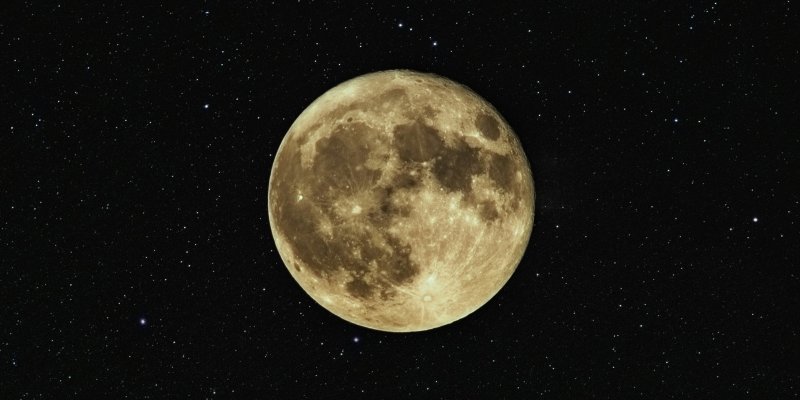Alessandra Fávero, a researcher at the Brazilian Agricultural Research Corporation (Embrapa) Southeast, and Paulo Hercílio Viegas Rodrigues, a professor at the Luiz de Queiroz College of Agriculture (Esalg/USP), met with members of the Brazilian Space Agency (AEB) in São José dos Campos (SP) to follow up on the agreement signed in 2023 that provides for Brazilian participation in NASA’s Artemis Program, which will take man to the moon in the coming years.
The document seeks to promote research and the development of scientific and technological missions in space and its applications, for the benefit of Brazilian society. It also encourages the creation of new products and technologies from space to increase development and productivity in space agriculture.
Within the scope of the Artemis Program, the collaboration aims to conduct applied scientific research that is essential for the development of bioregenerative ecological life support systems. This is crucial for providing sustainable sources of nutritious food on the Moon, in deep space travel and for future habitation on Mars.
Since last year, Embrapa has been advancing in the development of production and adaptation systems for sweet potato and chickpea crops, species that are considered basic food options for humans in off-Earth conditions.
The proposal is for research to advance crop adaptation, from planting in closed environments to the nutritional quality of food, including, among other aspects, the adaptation of nutrient solutions in hydroponics and aeroponics (cultivation that keeps plants suspended in the air, supported by their roots).
“The multidisciplinary nature of this program with Embrapa shows the complexity of the activities linked to space exploration. Embrapa’s work has a direct impact on the day-to-day lives of Brazilians, since the research carried out from the north to the south of the country, in all its units, results in solutions that increase the competitiveness and sustainability of national agriculture,” said the coordinator of the AEB Regional Unit in São José dos Campos, Alexandre Oliveira.
In addition to the AEB, the researchers met with various organizations linked to the Brazilian Space Program (PEB). They visited the Space Dosimetry and Ionizing Radiation laboratories at the Institute for Advanced Studies (IEAv/DCTA), learned about the ITASAT-1, SPORT, SelenITA and ITASAT-2 projects at the Space Center of the Aeronautics Institute of Technology (ITA), and ended their visit at the National Institute for Space Research (INPE).
The strategic partnership between the AEB, Embrapa and teaching and research institutions reinforces Brazil’s commitment to applied space research, which contributes to the country’s scientific and technological progress.

